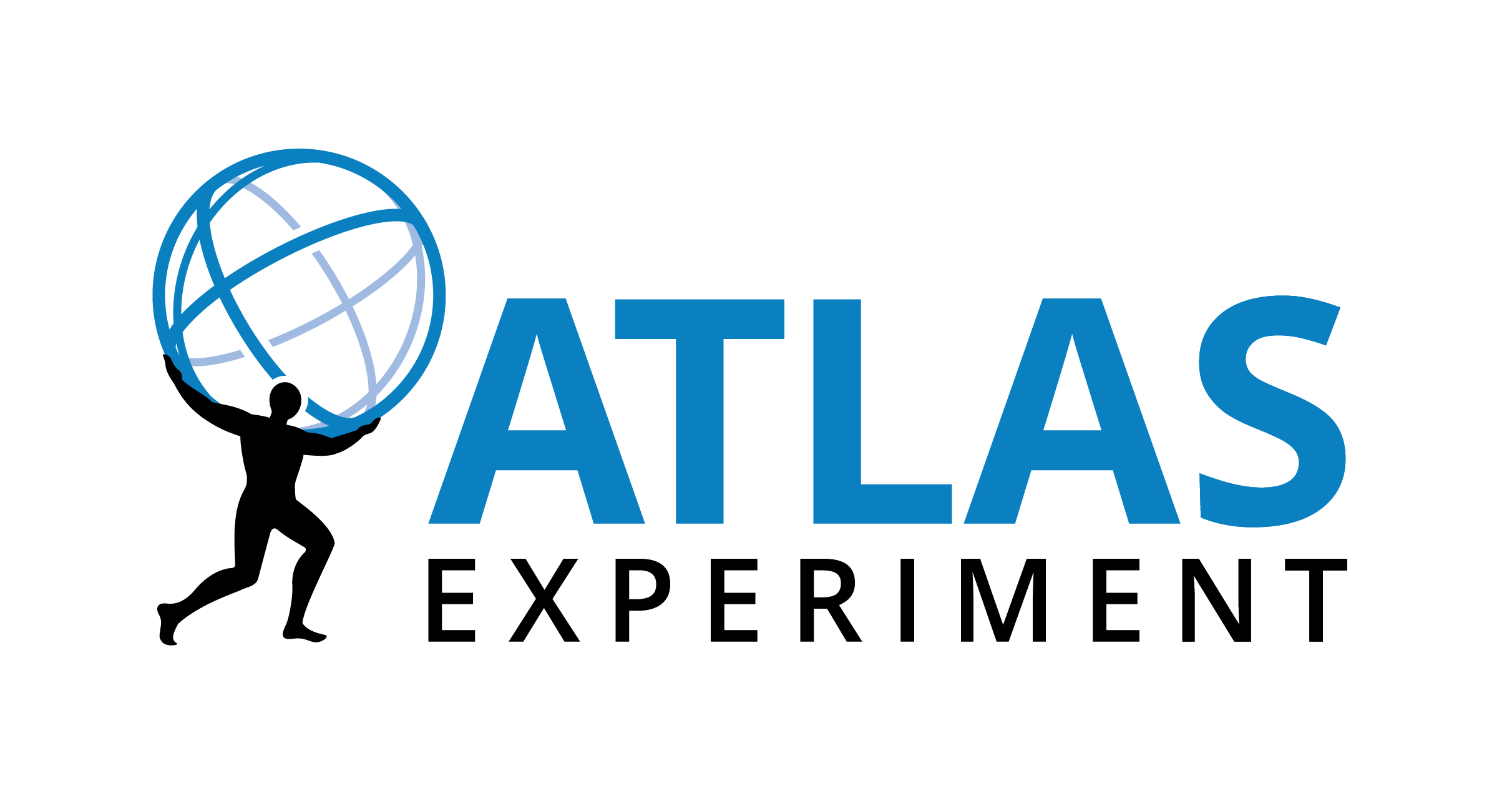My research focuses on the ATLAS experiment at the CERN Large Hadron Collider (LHC). I'm also involved with studies of future collider facilities that can extend the physics reach of the LHC. I'm involved with four main activities going on at SCIPP:
- Hardware development: UC Santa Cruz is a world leader in developing silicon-based particle trackers. For LHC experiments, these trackers have millions to hundreds of millions of readout channels that need to be read out 40 million times per second. They must also be low-mass, radiation hard, and have their positions known to micron-level accuracy. This guide is a useful introduction to the particle detectors and readout electronics that UC Santa Cruz specializes in.
- ATLAS operations and calibration: An experiment as large and complicated as ATLAS needs to be operated and calibrated with the help of everyone in the collaboration. At UC Santa Cruz, our focus on silicon tracking detectors has allowed us to make contributions in the areas of tracking alignment and calibration, electron and photon reconstruction and identification, and a number of other areas. We also have efforts in software and computing for simulation and reconstruction of LHC data, and for upgrade studies.
- ATLAS data analysis: We are involved with a number of analysis projects using LHC data. In the past I have worked on searches for new physics in events with multiple leptons or dibosons, as well as measurements of Standard Model photon production and the search for the Higgs boson. My current focus is on searches for electroweak Supersymmetry, and specifically for models with compressed mass spectra.
- Future Colliders: While the LHC and its upgrade (HL-LHC) will be the world's highest-energy collider facility in for the next 20 years, plans for machines that can reach even higher energies have already begun. One proposal is a machine at CERN that could reach up to 100 TeV in center-of-mass energy, a factor of seven higher than the LHC's design energy. At SCIPP, we have several people thinking about the physics reach of these future colliders.
For students particularly interested in data analysis, we're using github (or gitlab) for code management and docker containers to run software. Make sure you have git and docker installed on your operating system.

